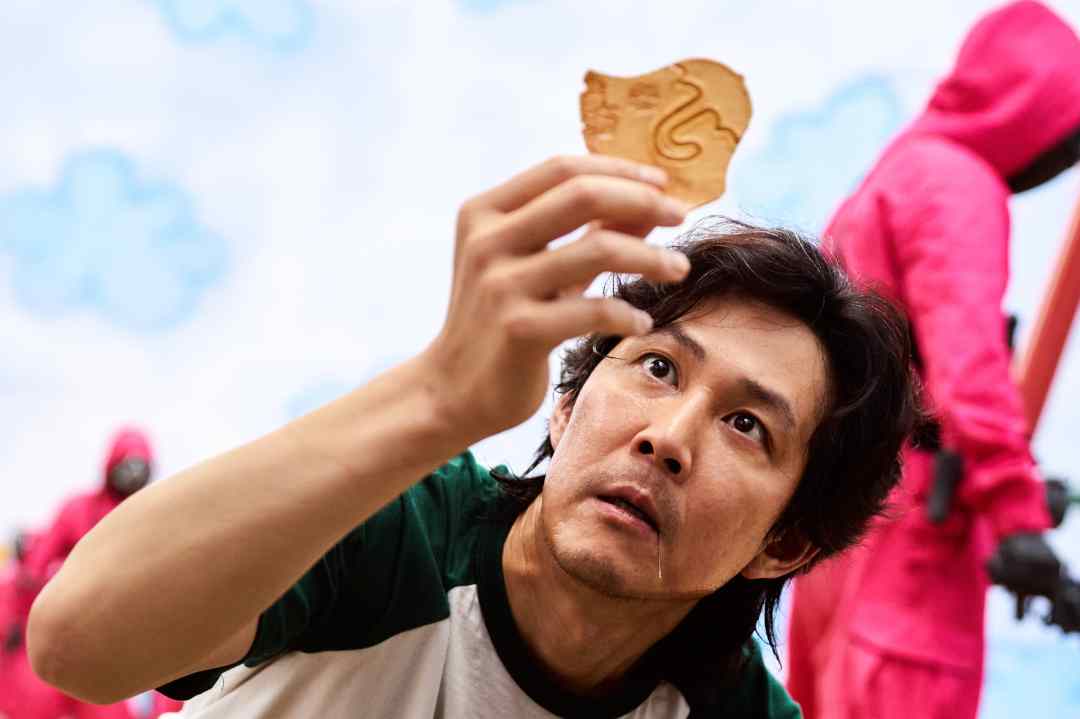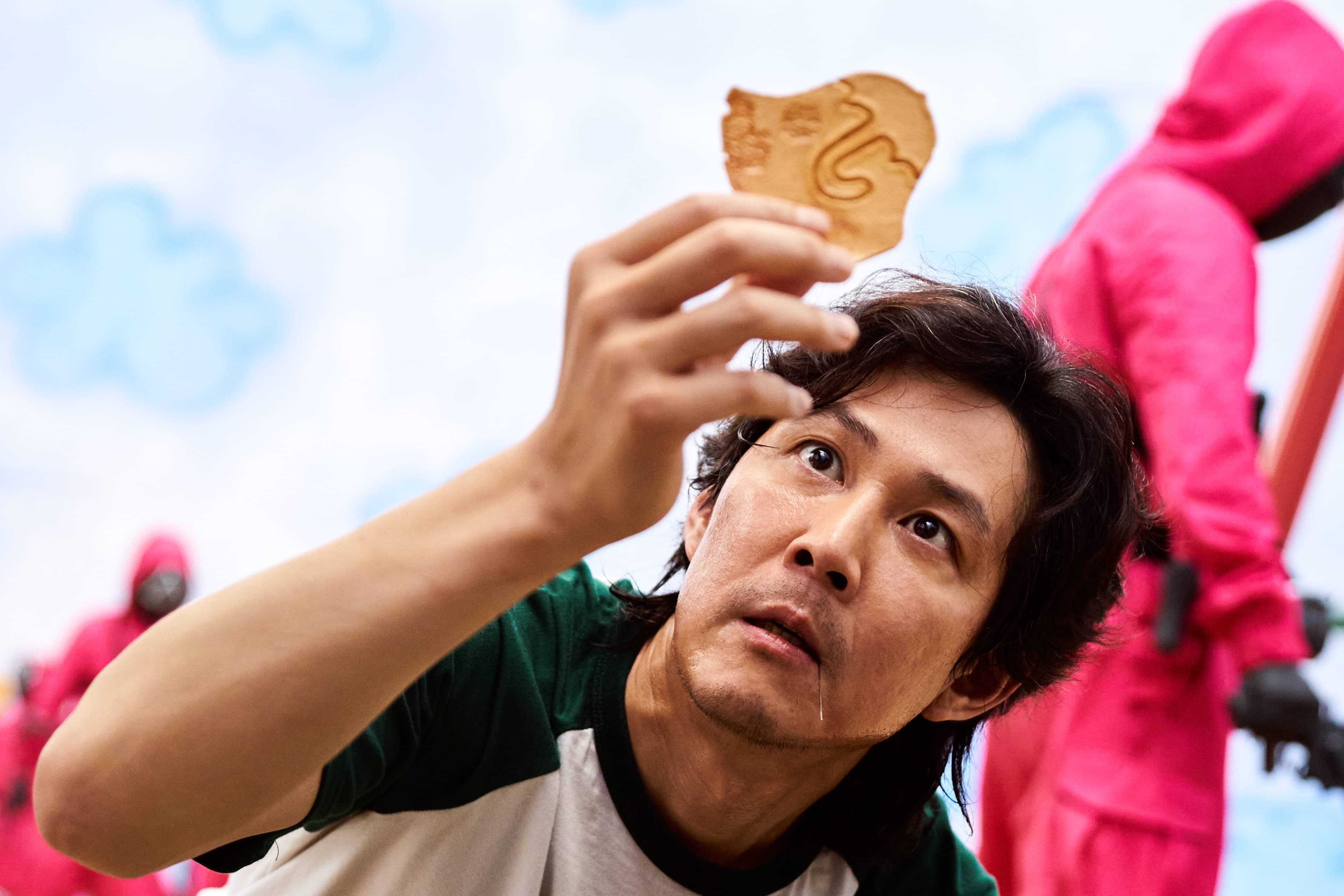Quickly becoming Netflix’s most successful series ever (with an estimated 111 million viewers worldwide), Squid Game has turned the spotlight on Korea as a cultural hotspot.
That won’t come as a surprise to anyone who’s had half an eye on film reviews over the past years – with Korean films impressing both viewers and critics alike. Here are eight films and series worth watching, and where to catch them:
Moving On, Mubi
Our own film critic was surprised by how gripped she became by Moving On: a quiet – and deliberately understated – film about a family (a single father and two children) whose economic circumstances force them to move in with an elderly, and near silent, relative. ‘Nothing happens, but everything happens,’ writes Deborah Ross in her review, alluding to the film’s magical ability to draw the audience into following the family’s every move. Over in the States, one reviewer – the Korea expert for the Roger Ebert website, nonetheless –proclaimed the film as the best to come out of Seoul in 2020. High praise indeed.
The Flower Girl, YouTube
For all its hermit kingdom status, the socialist republic of North Korea once had another image for its future: as the world’s next cinematic powerhouse. And after sixty years of DPRK film-making, no title holds as much ideological prestige – and perhaps even outside admiration – as The Flower Girl, a 1972 film adaptation of an opera reportedly written by the granddaddy of the revolution Kim Il-sung. Set during the 1930s, it tells the story of a young girl in the anti-Japanese guerilla movement and her brother in the Revolutionary Army – and in a brilliantly subversive twist it’s available for free on uber-capitalist YouTube.
Handmaiden, Netflix
Throughout the 2000s, cult favourite Park Chan-wook was best known for his stylish violent thrillers – with import DVDs of Old Boy and Sympathy for Mr Vengeance passed around university campuses like contraband. After pivoting to English-language films (including Snowpiercer, his 2013 collaboration with Parasite-director Bong Joon-ho), he returned to Korean cinema with a bold adaptation of Sarah Waters’ Fingersmith – now reimagined as a period drama set in Japanese-occupied Korea. Utterly captivating with both its plot and aesthetics, it is rightly regarded as amongst the very finest examples of Korean cinema.
Mr Sunshine, Netflix
Screenwriter Kim Eun-sook carved out a reputation in her home country for writing slick and intelligent modern relationship dramas. Her 2018 collaboration with Netflix, though, opts for a slightly different path: a historical drama set in the independent Korean Empire which existed, briefly, before Japanese annexation in 1910. The series – the sixth-most watched in Korean history – follows the lives of activists fighting to uphold the country’s independence, blending their personal lives with real historical events.
The Housemaid (1960), Amazon (to rent)
Regarded as one of the greatest Korean films of all time, The Housemaid is a claustrophobic and vampish thriller in a similar vein to Sunset Boulevard or Don’t Bother to Knock. A product of the late 50s, it boasts the sort of plot that – though a bit icky for modern audiences – was probably regarded as transgressive and empowering in its time: as a femme fatale housemaid goes full on murderess. Not only is the film a lot of fun, but it was also cited by Bong Joon-ho as one of the main inspirations for Parasite.
It’s Okay Not to be Okay, Netflix
Korean golden boy Kim Soo-hyun returned to the screen following his compulsory military service to star in this deftly-scripted drama about mental health. He plays Moon Gang-tae, a young man destined to care for his autistic older brother following a family tragedy. When his day job working in a hospital brings him into contact with an enigmatic but successful children’s book writer – who happens to be struggling with demons of her own – his life heads down a different path. Exceptionally moving and well-crafted, the series will strike an emotional chord with even the most hardened of viewers.
Sky Castle, Netflix
Skewering the highest tiers of modern Seoul society, Sky Castle revolves around four hyper-competitive mothers vying to get their offspring into the country’s most prestigious universities – and who court the services of a private tutor promising a 100 per cent success rate when it comes to applications. The show is cut-throat in both its dark humour and its portrayal of Korea’s elites: leaving us with no idea with whom to side yet voyeuristically fascinated as to exactly what’s coming next.
Sweet Home, Netflix
Providing another reminder that few countries can do horror like Korea, Sweet Home is an extremely-tense survival horror that begins when a depressed high-school student decides to move into a ramshackle apartment block, only to find the building under siege from all manner of demonic creatures. While the series doesn’t exactly shy away from melodrama, it does manage to be superbly creepy – particularly as the supernatural elements take hold. Season two is rumoured to be on its way before long.







Comments